Crown land holiday parks report regional tourism boost
Regional tourism on Crown land holiday parks is reporting a boost with three voucher schemes for accommodation bookings and recreation activities supporting families to take breaks.
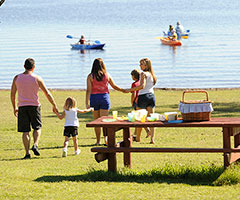
Crowning whales on show at Crown land holiday parks
Crown land holiday parks along the NSW coast are offering winter holiday makers the perfect spots for the annual whale watching season.

Aboriginal land claims approved at Mathoura
New Aboriginal housing may be developed in the Riverina town of Mathoura by Moama Local Aboriginal Land Council after two Aboriginal land claims were approved by the NSW Government.

Clean-up of Foxlow Parklet at Captains Flat
Crown Lands is providing $400,000 to Queanbeyan-Palerang Regional Council for the clean-up of a popular park at Captains Flat, south east of Queanbeyan.
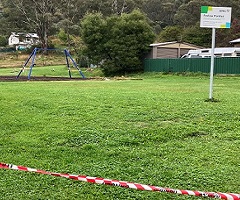
Green light for Tathra Wharf restoration
Work will get underway in October on vital upgrades to an iconic 160-year-old heritage listed wharf in the South Coast town of Tathra to support regional tourism and maritime history.
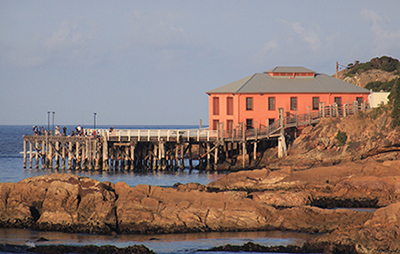
Proposed sale of Crown roads
To make consultation for the roads program easier, the department has developed an online search facility to view and search current notices for public roads that are proposed to be closed and/or sold.
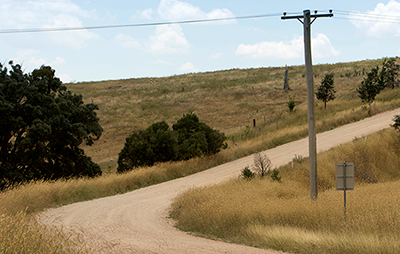
Bushfire protection for Warialda
Warialda in the state’s north west will have much greater protection from bush fires with more than $670,000 of NSW Government funding to upgrade fire trails and create fire breaks.
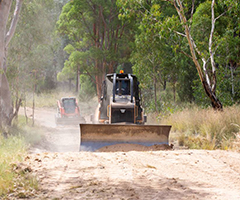
Mining and exploration on Crown land
Mining and exploration companies searching for the location of mineral and energy resources will need permission before accessing Crown land.

Public works access
This statutory power provides authorised officers with special permission to access Crown land to carry out works.
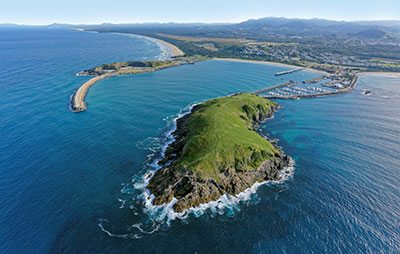
Boundary determinations and survey consents
Find out about and apply online for approval and consents for tidal and non-tidal boundaries, adjoining owner, and other boundary determinations.
